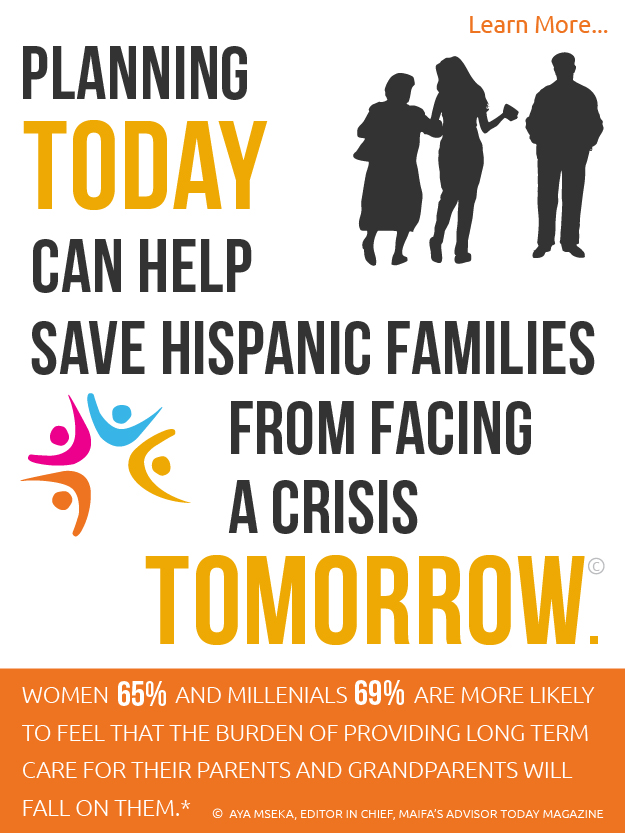
Why Do US Latinos Underuse Mental Health Services?
05/22/2015 09:16AM | 7658 viewsAccording to news from the Department of Epidemiology, Mailman School of Public Health at Columbia University, Latinos are more likely to distrust the medical community and the health care system due to past experiences of discriminatory treatment or ineffective care.
Latinos in the US access mental health services at a lower rate than non-Hispanic whites, and a study led by Dr. Katherine Keyes, Instructor in Epidemiology, indicates that language barriers and stronger cultural ties to Hispanic heritage predict this pattern.
Dr. Deborah Hasin, Professor of Clinical Epidemiology (in Psychiatry), was the senior investigator on the study, and Dr. Lisa Bates, Assistant Professor of Epidemiology was a co-investigator.
Latinos are the fastest growing minority group in the US, with the expectation they will comprise 20% of the population by 2020. However, disparities between their use of health services and those of non-Latino whites have been on the rise and are only partially explained by differences in financial means and health insurance status.
To further understand the causes, the study, which was published in Social Psychiatry and Psychiatric Epidemiology, examined the degree to which markers of immigrant adaptation, such as exclusively speaking Spanish and stronger ties to ethnic identity, play a role in Latino experience with mental health services.
Using data from 6,359 Latino participants in the National Epidemiologic Survey on Alcohol and Related Conditions (NESARC), a nationally representative face-to-face survey of US residents, the investigators found that greater levels of Latino ethnic identity, use of Spanish language, and less time living in the US predicted lower usage of mental health services for mood disorders, even after controlling for factors such as insurance, income, and the severity of symptoms.
The authors also note that Latinos are more likely to distrust the medical community and the health care system due to past experiences of discriminatory treatment or ineffective care, and cultural stigmas and attitudes toward psychiatric disorders and mental health services.
Latinos (such as Puerto Ricans, Mexicans, and Cubans) after controlling for economic and practical barriers, though Mexican individuals with a mood/anxiety disorder were less likely to seek treatment than Puerto Rican individuals.
The results suggest that strategies to improve mental health care should focus on ethnic/cultural factors that are unique to Latino immigrants and on the specific disorder, even among Latinos who speak English.
“Although increasing the financial accessibility of mental health service use is a priority, programs to improve access to care and management of illness should recognize the important role of language, cultural values and beliefs, and more explicitly address access to care for specific psychiatric disorders across diverse populations,” the authors say.
Keyes KM, Martins SS, Hatzenbuehler ML, Blanco C, Bates LM, Hasin DS. Mental health service utilization for psychiatric disorders among Latinos living in the United States: the role of ethnic subgroup, ethnic identity, and language/social preferences. Soc Psychiatry Psychiatr Epidemiol. 2011 Feb 3. [Epub ahead of print]











Post your Comment
Please login or sign up to comment
Comments